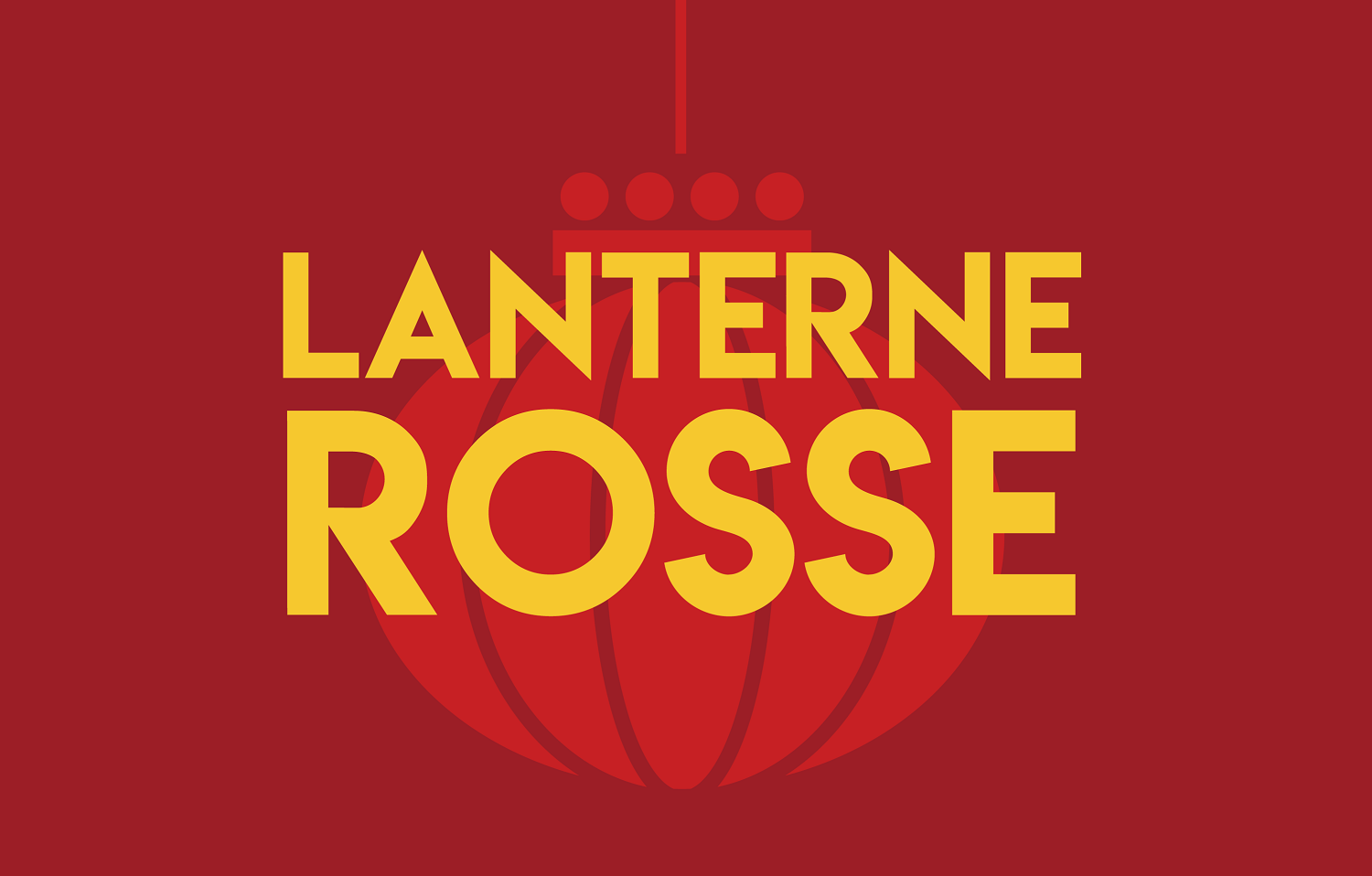Paris Olympics: China's strategy to top the medal count
For years, China has been focusing on “minor” sports to get as many gold medals as possible. In Tokyo it won 38 against 39 for the United States. Most successes came in only six sports and mainly by women. This strategy is still pursued today in a highly centralised system with doping casting its long shadow.
Paris (AsiaNews) – China is fielding 405 athletes in the Paris Olympics, which opens tomorrow, slightly fewer than in the last edition (413) when it placed second in the medal count after the United States.
Only one gold medal separated the two countries. At the Tokyo 2020 Games, actually held a year later, Chinese athletes won 38 golds out of 89 medals, while the Americans brought home 39 out of 113 medals.
For China, coming first in the medal table (as it did at the 2008 Beijing Olympics) is a matter of great importance and no efforts have been spared in the various sports federations, based on very hierarchical and centralised model under the General Administration of Sport, which reports to the central government.
It is no coincidence that since 1984 (when China won its first gold in the 50 metre pistol after it joined the International Olympic Committee in 1979), 75 per cent of Chinese gold medals came in just six sports: table tennis, shooting, diving, badminton, gymnastics, and weightlifting.
These sports are often underfunded in the West, giving Chinese athletes a better chance to win, especially women, who represent about 70 per cent of China’s Olympic delegation.
The principle behind this strategy adopted in the 1980s is based on five words – small, fast, women, agile, and water – which the Chinese government uses to select sports in which it can enjoy a competitive advantage over the United States.
This has elicited a growing financial support (according to some estimates, China’s sports industry will be worth US$ 700 billion by 2025 thanks to the organisation of major events).
Small refers to small balls (table tennis and badminton), as well as smaller weight classes (such as 56kg and 62kg in men's weightlifting), studies suggest.
The term women needs no explanation, while agile and fast refer to the tactical aspect of disciplines such as gymnastics or trampoline, but also athletics.
Finally, water not only refers to water sports, but also to the 119 Project launched after Sydney 2000 to improve performance in athletics, swimming, sailing, and rowing.
In this area, China has been caught up in a controversy after the New York Times reported on doping cases among Chinese swimmers, who, instead of being suspended, were able, not only to compete and excel in Tokyo, but, are also coming to Paris. However, in the French capital they will be tested twice compared to athletes from other countries.
The 23 Chinese swimmers who tested positive for trimetazidine (a drug that increases blood flow) were cleared by an internal investigation conducted by the China Anti-Doping Agency (CHINADA), who found that the athletes were exposed to the substance by mistake seven months before the Tokyo Olympics.
The World Anti-Doping Agency (WADA) decided to accept this (even though it should have suspended Chinese athletes as a precautionary step before the Tokyo Games as soon as it was informed of the positive result).
Leaving aside doping (an issue that affects various sports and many countries), athlete recruitment starts at a young age in China when physical education teachers direct the most talented middle school students towards a specific sport.
At that point, boys and girls begin to train at provincial sports centres together with local coaches who work full time and get rewarded by the Communist Party if they their protégés excel in national competitions.
Eventually, promising athletes will transfer to national Olympic training facilities.
A certain competition between provincial and national training centres appears to exist, this according to some foreign experts hired by China (with salaries that Western sports federations often cannot match).
This is why Chinese athletes often achieve excellent results at a young age, but struggle to maintain a high level as adults or have careers as long as those of their Western opponents.
The Paris Olympics should see major differences remain between China and the United States.
While Chinese athletes are expected to win scores of golds in a small number of disciplines where they have an edge, US athletes can be expected to excel in a wider range of sports, but be less certain of stepping on the stop spot.
The final medal table will be posted on 11 August, the closing day of the Games.
RED LANTERNS IS THE ASIANEWS NEWSLETTER DEDICATED TO CHINA. WOULD YOU LIKE TO RECEIVE IT EVERY THURSDAY? TO SUBSCRIBE, CLICK HERE.
09/08/2021 12:47







.png)










